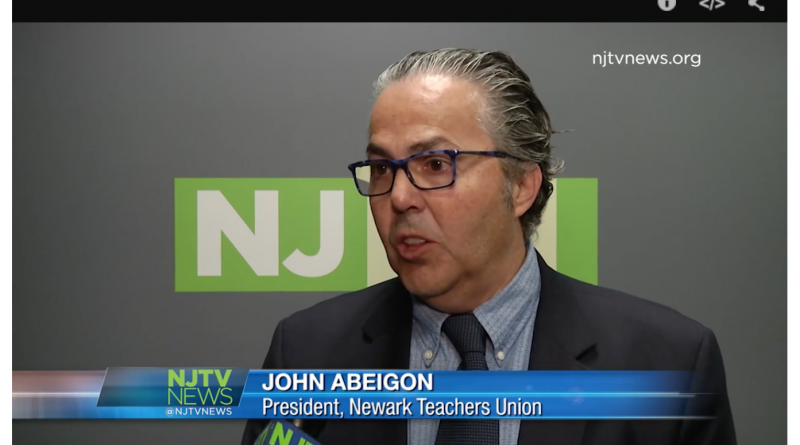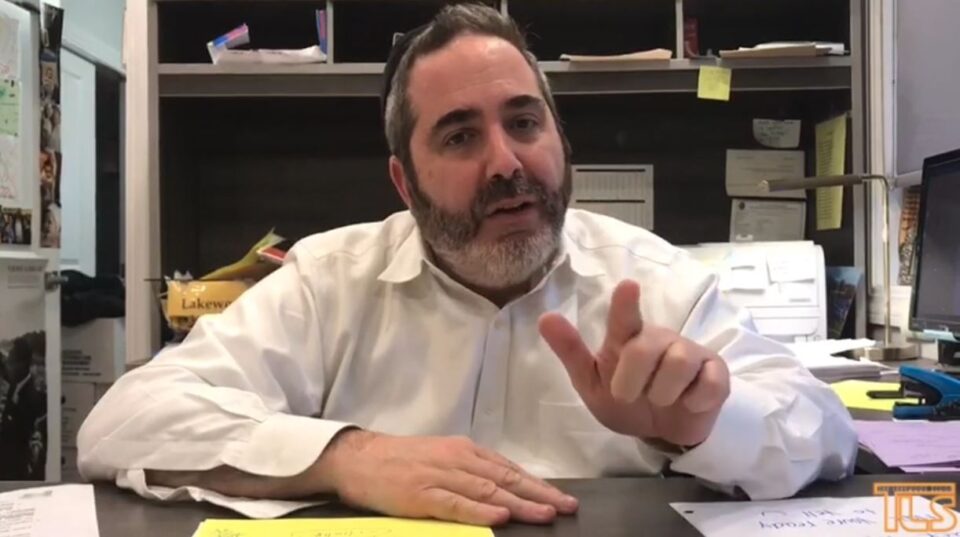(Special school funding edition, plus extra long because I was in Chicago at Education Post’s Blogging Summit for a few days.)
New Jersey’s inequitable school funding formula, which funnels too much cash to some district and not enough to others, made headlines this week. Senate President Steve Sweeney proposed a five-year plan to increase state aid to underfunded districts by $500 million and eliminate Adjustment Aid to overfunded districts.
What it means: The bill is a blueprint from Sweeney, an all-but-certain Democratic candidate for governor in 2017, for his plans to address what has become a gaping chasm between what the school funding law mandates and what has actually been provided. But the proposal for a study commission is hardly a bold step, and questions have been raised about whether only postpones the tough choices until after the gubernatorial election.
What it isn’t: The bill is a switch from what had been the expected next move from Sweeney. The Senate president had been working with state Sen. Jennifer Beck (R-Monmouth) to craft a bill that could significantly redistribute aid to districts. That bill appears all but dead with this new proposal.
NJTV has a sharp piece on N.J.’s school funding quagmire, in which many schools are chronically unfunded but the state spends half a billion dollars a year on Adjustment Aid that should have been off the books years ago. NJ Spotlight reports on a “dueling” plan from Assemblyman Declan O’Scanlon (R-Monmouth) that would require state employees to accept higher state pension payments in exchange for less generous healthcare coverage.
The Star-Ledger Editorial Board calls Sen. Sweeney’s plan i”sensible” but suggests it have a shorter timeline and include special education. Also,
And why not take this moment to fix the state’s method of financing charter schools? The stellar performance of the charter sector in Newark and Camden is the success story of the decade in New Jersey, but they are struggling financially.
They get no money for capital costs, and that should change. They are supposed to get 90 percent of the operating costs of traditional schools, but many receive much less because the fine print excludes them from any share of the $600 million in adjustment aid. In Jersey City, charters get less than 60 percent of the operating costs of the district.
How much do you pay for schools? From the Star-Ledger: “Across the state, 15 municipalities had an average residential school tax bill higher than $10,000, according to the state data. There were 49 townships, boroughs, cities or villages where the average amount paid by residential property owners was higher than $8,000.” The average school bill is $4,372. The highest bill, usually about half of a home owner’s property taxes, is Loch Arbour Village, at $14,429.
A new Monmouth University Poll says that “more than 70 percent of New Jerseyans say they would vote in favor of a constitutional amendment this fall forcing the state to contribute to the public pension fund, but far fewer support that amendment if it jeopardizes funding for schools, roads or safety net programs.”
The Press of Atlantic City reports that about a third of N.J. students have access to free preschool at an annual cost of $656.6 million. These students, the vast majority of them worthy of these important programs, also include students from wealthy families in Hoboken and Jersey City because once upon a time these cities were designated Abbott districts.
In other news,
“Seventeen New Jersey public schools in low-income areas and with high academic performance or substantial student progress will receive $50,000 federal grants.” (Star-Ledger) Three are charters and six are magnets.
Camden Superintendent Paymon Rouhanifard, per the Star-Ledger, praised 20 “remarkable graduates” who “represent the promise and hope of Camden; they embody the incredible potential and determination that our students demonstrate each day.”
Camden families are concerned about safety while students walk to school. From the Courier Post: ““On that walk home from Camden High School to Fairview, you pass through Parkside, Whitman Park, Centerville … twice a day, five times a week,” [John Royal said] “and you need luck or graciousness not to be recruited, harassed or murdered. The increase in gang activity affects both boys and girls. We must protect our children at all costs.”
Teacher union leadership in Paterson says that the state isn’t giving out teacher merit pay in a timely fashion. (The Record)
Teachers in Neptune are “working to contract” and students “are outraged,” reports the Asbury Park Press, because traditional senior activities like a trip to Six Flags were cancelled because teachers are refusing to attend. The contract expired last June and teachers continue to be paid based on the old contract and retro pay will be allocated once contractual disputes are resolved. The Board and the union’s bargaining team agreed to a contract but the union membership voted it down. That tentative agreement included annual salary increases of 2.8% to 2.9% and a freeze on the dollar amount that employees would pay for health benefits. A student said, ““It’s ridiculous. If you look on Twitter, everybody is in a rage. These are moments we’re supposed to be creating with our friends to have lasting memories.”




